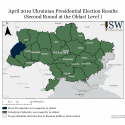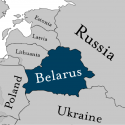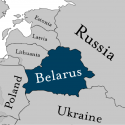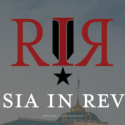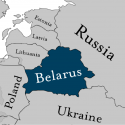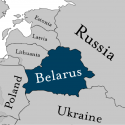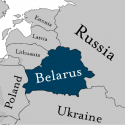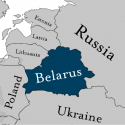New Moldovan President Presents Opportunity to Limit Kremlin Suzerainty in Moldova
Dec 10, 2020 - Savannah Modesitt, Paisley Turner
Key Takeaway: Pro-Western Moldovan politician Maia Sandu won the Moldovan presidential election by defeating pro-Kremlin incumbent President Igor Dodon on November 15, 2020. Sandu’s election limits the Kremlin’s opportunity to expand its influence toward the eastern Balkans and presents the United States with an opportunity to reverse the Kremlin’s recent gains. However, the Kremlin will likely exploit its control in the Moldovan Parliament to contest Sandu’s electoral mandate. The United States and its allies should support Sandu’s efforts to expand, strengthen, and intensify cooperation agreements with Western countries as well as Sandu’s stated objective to end Russia’s military presence in the breakaway region of Transnistria to limit a dangerous Kremlin position in the eastern Balkans and on Ukraine’s western border.


